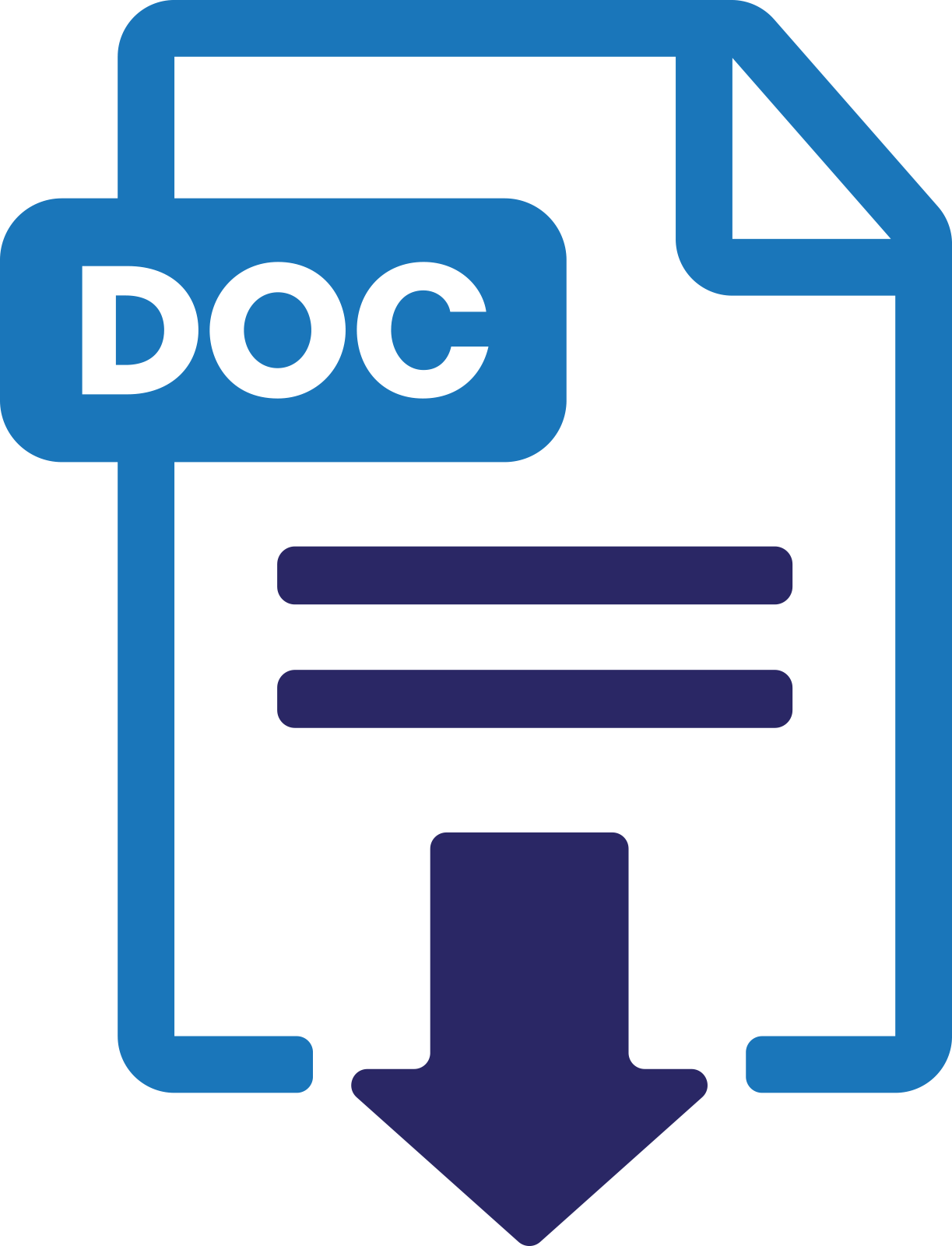Focus and Scope
Energy Storage Technology and Applications journal focusses on all aspects of energy storage and its application. This journal covers all topics in energy storages and its system for real application.
The journal offers a single, peer-reviewed, multi-disciplinary platform for scientists and engineers in academia, research institutions, government agencies and industry. The journal is also of interest to decision makers and technical, economic and policy advisers in these organisations.
The Journal welcomes perspectives, original research papers, reviews and short communications. Topics include, but are not limited to the following:
• Science, technology and applications of electrochemical, chemical, mechanical, electrical energy storage
• Engineering, control, optimization, numerical and modelling aspects of energy storage systems
• Applications, load profiles and requirements of storage technologies in grid-scale electrical storage, electric vehicle transportation, traction applications, off-grid systems, uninterruptible power supplies, and portable electronic applications
• Testing, test procedures, evaluation, lessons learned, life cycle costs, life cycle assessment, and safety of energy storage systems
• Economic, policy and regulatory aspects, markets, market models, and market introduction concepts of energy storage systems.
Section Policies
Perspectives
This section cover the opinion and perspectives of author relating to energy storage and its application
Short Communications
This section published the short articles of cutting end technology related to renewable energy
Review
This section published review articles of the interesting theme on energy storage
Articles
Peer Review Process
A manuscript submitted is evaluated through Initial Review by Editorial Board. If the article matchs the journal requirements in term of the scope, originality, novelty sufficiency of experimental data and format, at least 2 (two) peer reviewers are assigned to review the manuscript with Blind Review Process. Two weeks are alocation time given to peer revewer to evaluate the manuscipt. After review process is finished, the assigned editor makes decision for the article. If the article needs revision, the manuscript is returned to the authors to revise. These processes take a month (maximum time). If the decision is major revision or resubmission, revised manuscript that has been resubmitted by submitter is sent back to the previous peer reviwers for re-evaluation. After that, the editor makes final decision (accepted or rejected). In the each manuscript reviewed, peer reviewers will be rated based on the substantial and technical aspects. Assigment of peer reviewer is based on the expertise and experiences in research and publication relevant to the field of manuscript to be reviewed. Number of citation and h-index value of peer reviewers are parameter examples for consideration in assigning as reviewer.
Open Access Policy
This journal provides immediate open access to its content on the principle that making research freely available to the public supports a greater global exchange of knowledge.



